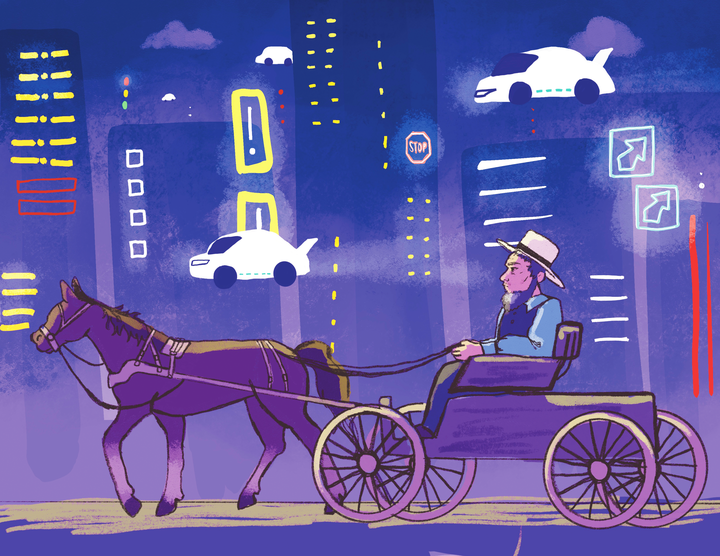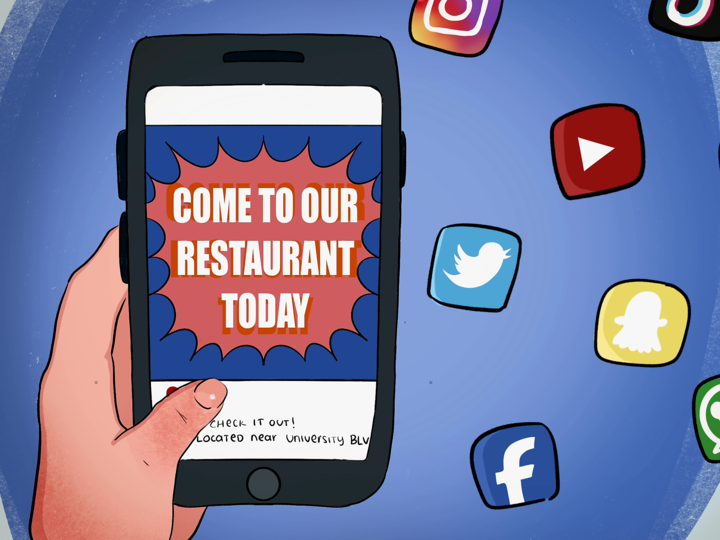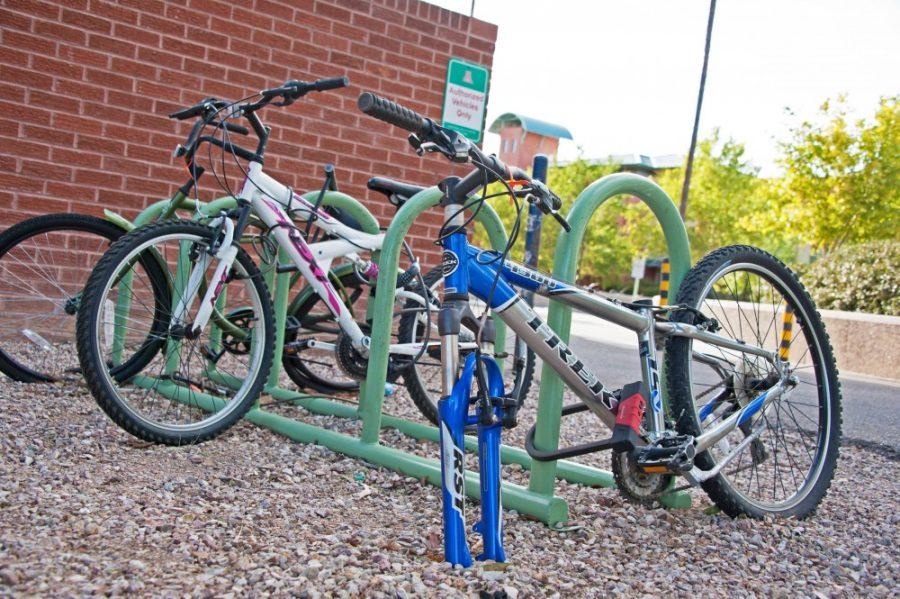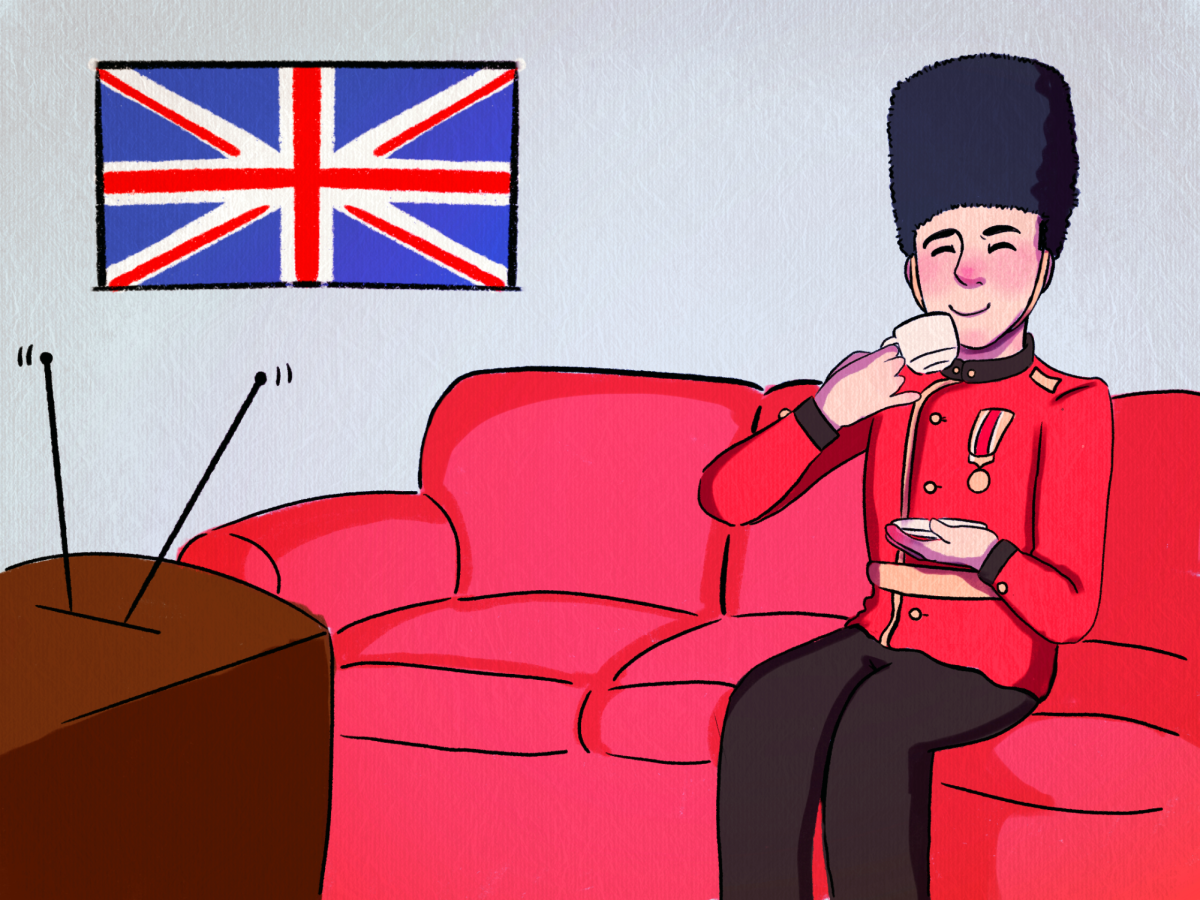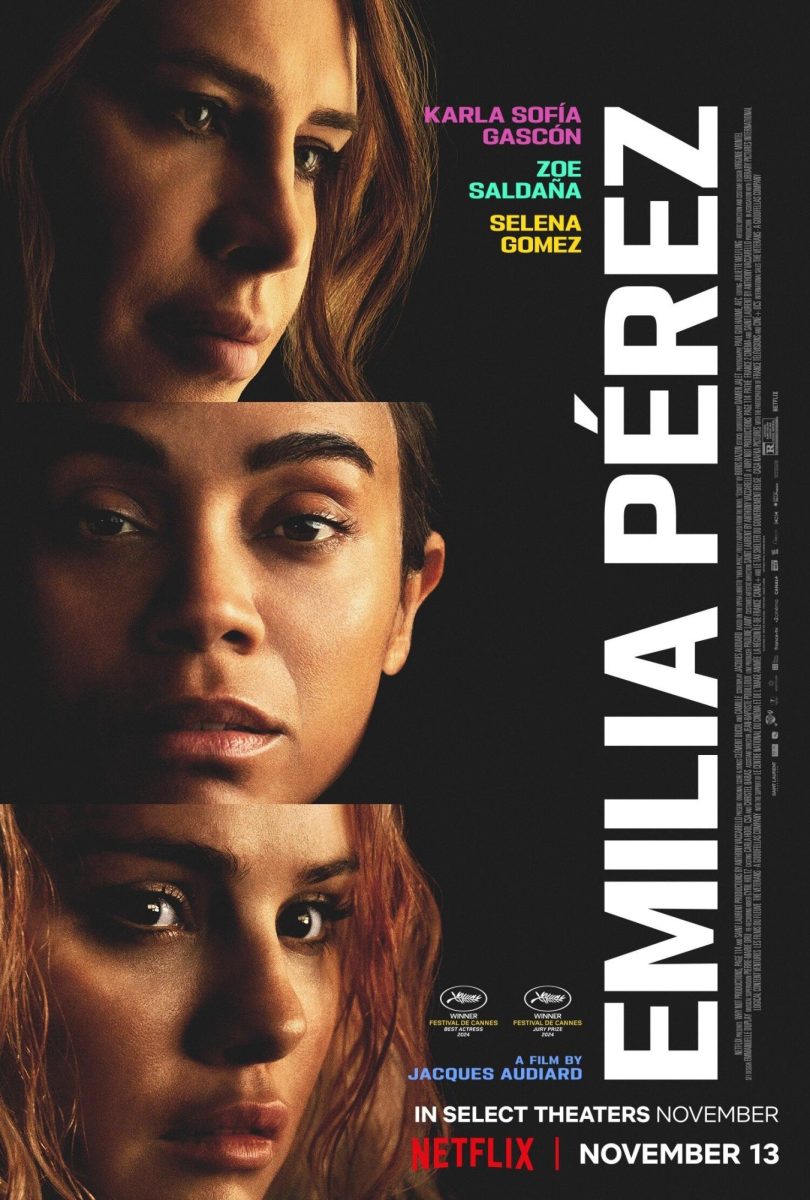University of California, San Diego, may be a prestigious institution, but recent on-campus events have tainted the world-renowned university’s image.
Last month, a UCSD fraternity helped set up a “”Compton Cookout,”” a party that was meant to mock Black History Month. Attendees were instructed to wear gold chains, flashy clothes, gang tattoos, gold teeth, etc., according to the San Francisco Chronicle.
The event invite read: “”For those of you who are unfamiliar with ghetto chicks — Ghetto chicks usually have gold teeth, start fights and drama, and wear cheap clothes.”” Naturally, the gathering received a lot of negative press and national attention, and for good reason. Just days later, a UCSD student admitted to hanging a rope noose from a campus library bookcase, according to the LA Times. On March 2, a Ku Klux Klan-style hood was placed on a statue outside the main campus library. When does it end? The Compton Cookout party took place nearly a month ago, and bigotry continues to blatantly poison the campus environment.
As to be expected, Compton Cookout forums made their way to Facebook, where online users debated whether or not the event was truly offensive. Many commentators came to a general consensus that the media overreacted to the gathering, which was supposed to be lighthearted and fun.
Themed parties are a significant aspect of college life, but university students, and everyone, for that matter, should know better than to single out a specific race for this sort of event. Someone is going to get upset, even if the event organizer never intended to demean a particular group.
Unfortunately, the UA campus experienced a similar incident in February 2007, when one student held a “”black-themed party”” with 15 attendees dressed as black people. Some painted their faces black, and costumes included gangsters, lawyers and characters from the television show “”Family Matters,”” according to a Feb. 16, 2007, Daily Wildcat report.
The student in charge of the party explained that the event was not meant to offend people. But, clearly, it did. Both parties reportedly had black attendees and, for some reason, that makes the events seem less discriminatory.
It’s presumptuous to assume that the party planners were cold-blooded KKK men solely out to insult the targeted race. Like many people, they were probably just stupid and misinformed. More than likely, they behaved out of ignorance and used extremely poor judgment. They wanted to have fun with their seemingly creative gathering and didn’t understand the kind of implications that a racially themed party would have. One can only hope that they’ve learned their lesson, but apparently others have not, seeing as the events immediately sparked more racist acts on other college campuses.
Regardless of intention, these sorts of parties are highly offensive and disrespectful to minorities, and people are going to get upset even if the event was not meant to bash or diminish a race. Such gatherings set this country back about fifty years and ignore the prejudice that many blacks have had the misfortune of experiencing.
In the aftermath of the UA blackface party and the Compton Cookout, students at both universities suggested that everyone take an extra multicultural course as a general education requirement. This sounds like a reasonable response, especially since exposure to different cultures and historical context can eliminate stereotypes.
Gov. Arnold Schwarzenegger rightly responded to the events, saying in a statement, “”The acts of racism and intolerance that we have witnessed are completely unacceptable and I join with the University of California president, chancellors and student leaders in condemning these terrible incidents.””
Government leaders, school officials and students everywhere must speak out against racist-driven events and hate speech. Anytime a similar event happens on a college campus, students have to take it upon themselves to host forums, raise awareness and contact the media about what has taken place.
— Laura Donovan is a creative writing senior.
She can be reached at letters@wildcat.arizona.edu.



